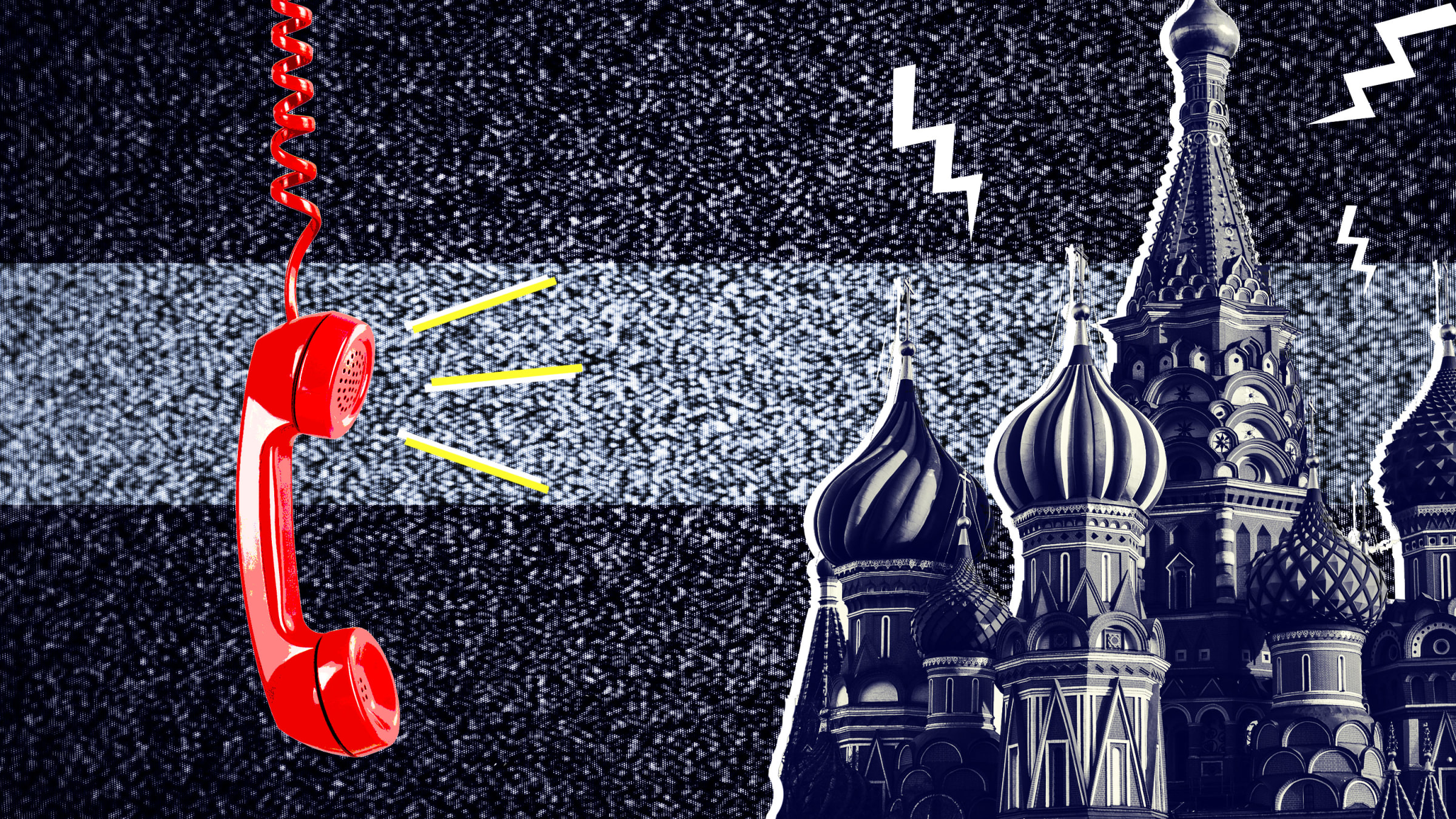This Hotline Could Keep the U.S. and Russia From Cyber War

As concerns mount that Russia will again unleash its hackers and its online disinformation brigades to wreak havoc in another American election, senior U.S. officials are taking a second look at a technology handed down from the age of Gorbachev and Reagan: an emergency “hotline” between officials in the U.S. and Russia that might someday pull both countries from the brink of an all out cyber war.
The secure messaging system known colloquially in the White House as the “cyber hotline” already exists. It was set up in 2013—building off a Cold War messaging system, in fact—in the hope that it might facilitate conversations between the two countries during a crisis in cyberspace, where the identities and intentions of attackers are often muddled. So far it’s been used only once, in the waning days of the Obama administration, when the White House’s cyber chief fired off a carefully-worded message to Moscow warning not to attack the “infrastructure” for the 2016 election.
Since then, the U.S. has invested in developing a Cold War-style deterrence capability in cyberspace, and military brass have publicly touted their willingness to respond to foreign cyber aggression in kind. But with that sharper stick comes greater risk of a misunderstanding that leads to an escalating conflict online. So intelligence officials in the Trump administration are talking about using the cyber hotline as a last-ditch crisis channel that might just prevent the electronic equivalent of the Cuban Missile Crisis, according to three U.S. officials.
No comments:
Post a Comment